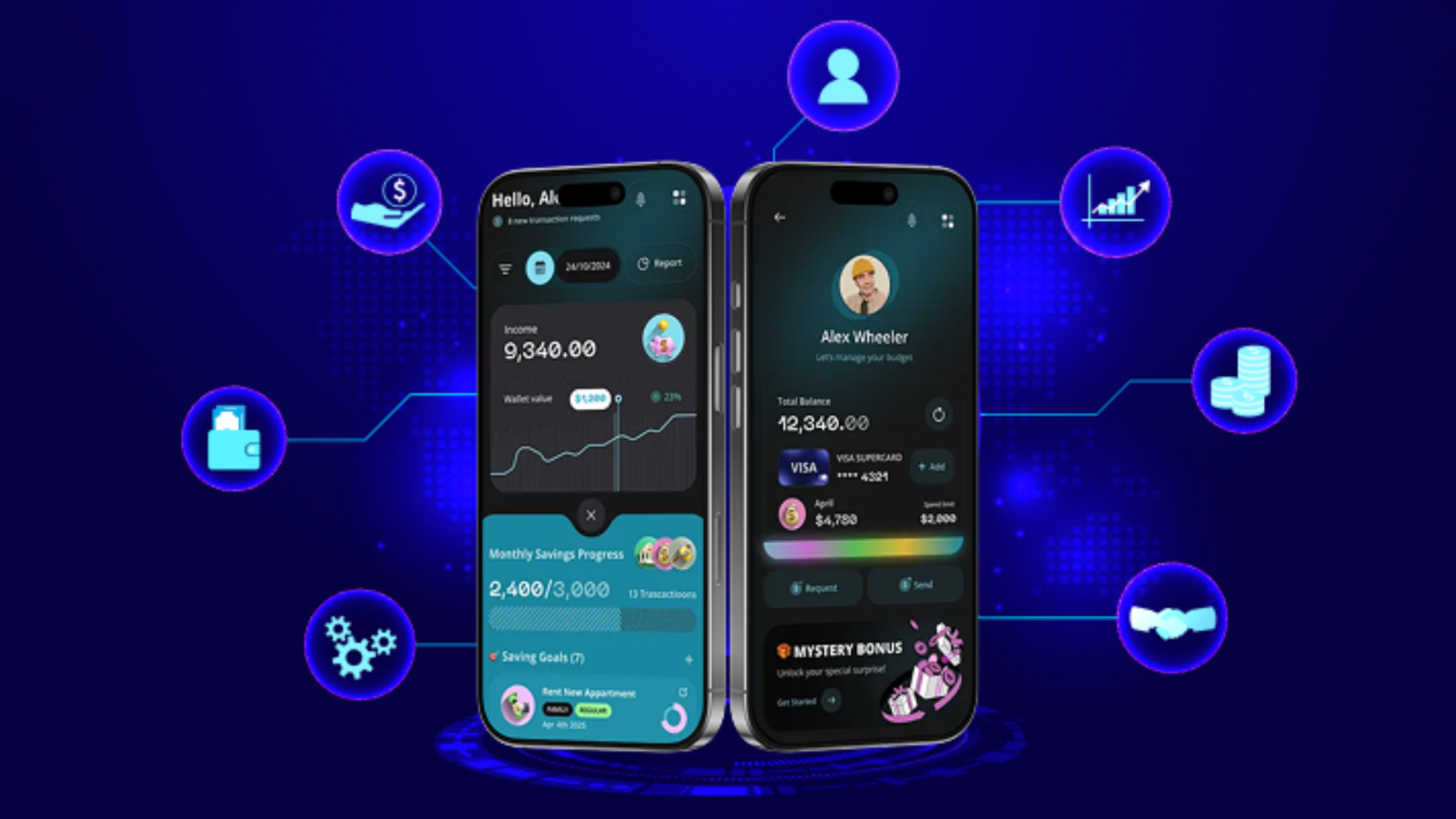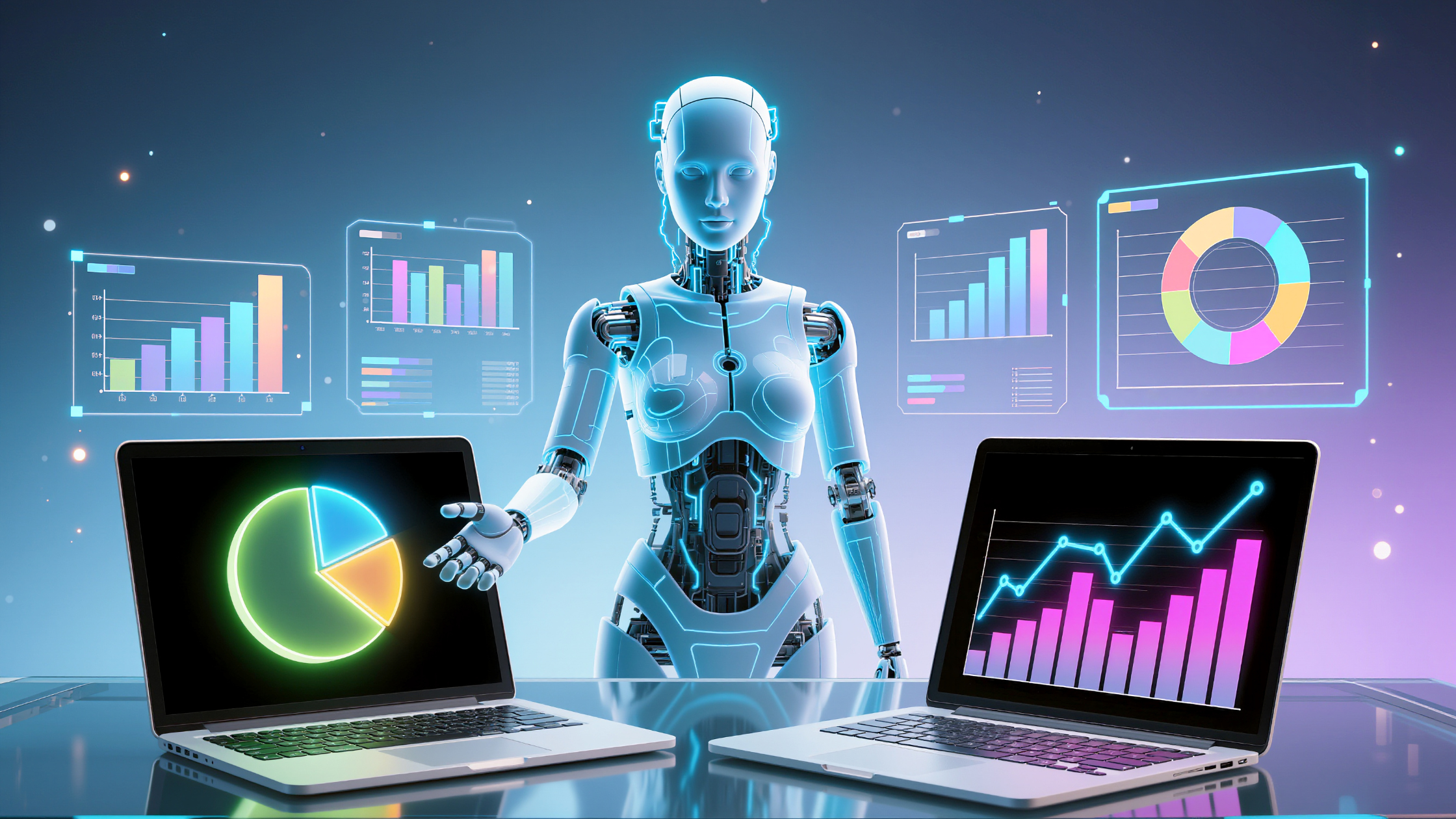Short Summary
AI in Healthcare Automation is reshaping how hospitals and medtech platforms operate. From intelligent appointment scheduling to faster diagnostics, AI helps reduce manual workload, improve patient satisfaction, and boost overall efficiency. By integrating automation into healthcare systems, providers can predict patient needs, streamline operations, and deliver faster, data-driven care. The result is a smarter, more connected, and patient-centric healthcare ecosystem that’s redefining the future of medical innovation.
The healthcare industry is undergoing a digital revolution, and AI in healthcare automation is at the forefront of this transformation. From managing patient appointments to improving diagnostic accuracy, automation powered by Artificial Intelligence is reshaping how healthcare organisations operate.
Hospitals, clinics, and medtech platforms are now turning to intelligent automation to save time, reduce manual effort, and enhance patient experience. By utilizing AI in healthcare automation, providers can streamline operations, improve outcomes, and deliver faster, data-driven care.
The Need for AI in Healthcare Automation
Despite rapid technological advancements, many healthcare systems still depend on manual processes for scheduling, data entry, and diagnostics. This not only leads to inefficiencies but also impacts the quality and timeliness of care.
AI in healthcare automation addresses these pain points by introducing smart workflows that handle repetitive tasks, predict patient needs, and reduce administrative burden. According to research by Accenture, automation powered by AI could save the healthcare industry over $150 billion annually by 2026 through improved efficiency and predictive intelligence.
Automation in healthcare is no longer optional; it’s the foundation for a scalable, patient-centric system.
How AI Appointment Scheduling Enhances Efficiency
Appointment management is one of the most time-consuming administrative processes in healthcare. That’s where AI Appointment Scheduling steps in to make operations faster and smarter.
1. Smart Scheduling Algorithms
AI-powered systems analyze real-time data such as patient preferences, doctor availability, and historical records. These systems automatically suggest the most suitable slots, ensuring optimal use of resources.
2. Reduced No-Shows with Automated Reminders
With AI Appointment Scheduling, automated reminders and follow-ups are sent through SMS, email, or chatbots, significantly reducing the no-show rate. The system also tracks response patterns to determine the best time to send reminders.
3. Predictive Cancellations and Dynamic Rebooking
AI predicts potential cancellations based on patient history or seasonal trends and fills vacant slots automatically helping clinics maintain maximum efficiency.
4. Seamless Patient Experience
By integrating AI Appointment Scheduling tools into mobile apps or patient portals, users can book appointments instantly using natural language or voice-based assistants.
Through AI in healthcare automation, appointment scheduling becomes more intuitive, efficient, and personalized resulting in higher patient satisfaction and lower administrative load.
AI in Diagnostics: Empowering Smarter, Faster Care
Beyond appointment management, AI in healthcare automation plays a critical role in diagnostics. Modern diagnostic systems generate massive amounts of data from imaging to lab results and AI helps process this information faster and more accurately than ever before.
1. Medical Imaging Analysis
AI models trained on millions of medical images can identify abnormalities that human eyes may miss. These systems assist radiologists in detecting early signs of diseases like cancer or pneumonia, improving diagnostic precision.
2. Predictive Diagnostics
AI in healthcare automation enables predictive analysis by identifying high-risk patients based on their medical history, vitals, and lifestyle data. This helps healthcare providers intervene early, improving patient outcomes.
3. Automated Data Interpretation
AI can analyze lab results, detect anomalies, and even draft preliminary diagnostic reports. This automation allows clinicians to focus more on patient care and less on paperwork.
4. Continuous Learning and Adaptation
AI systems continuously learn from new data, ensuring diagnostic models become smarter and more accurate over time.
With AI in healthcare automation, diagnostics move from reactive to proactive, making healthcare more predictive and personalized.
Benefits of Implementing AI in Healthcare Automation

Adopting AI-driven automation isn’t just about convenience it’s about creating a sustainable and efficient healthcare model. The benefits are transformative across every layer of healthcare delivery.
- Operational Efficiency
Automated systems reduce manual scheduling and data processing, saving valuable time for doctors and staff. - Improved Accuracy
Machine learning models minimize human error, ensuring more consistent diagnostic and scheduling outcomes. - Enhanced Patient Experience
Patients enjoy seamless appointment booking, reduced waiting times, and faster diagnostic results. - Cost Efficiency
AI reduces overhead and optimizes resources, leading to measurable cost savings for healthcare organizations. - Data-Driven Insights
AI in healthcare automation centralizes patient data, providing actionable insights for clinical and administrative decision-making. - Scalability
Automation enables healthcare facilities to scale efficiently without expanding administrative teams.
Real-World Example: AI in Healthcare Automation in Action
Imagine a mid-sized clinic integrating AI Appointment Scheduling with automated diagnostic systems.
When a patient requests an appointment, the AI scheduler checks doctor availability, patient preferences, and even diagnostic requirements. It automatically books both the consultation and necessary tests in one seamless flow. After the visit, the AI diagnostic system reviews medical scans and flags potential issues for the doctor’s review.
This real-time automation powered by AI in healthcare automation reduces errors, enhances coordination, and improves overall care quality setting a new standard for patient experience.
Challenges in Implementing AI in Healthcare Automation
While the benefits are substantial, adopting AI in healthcare automation also brings challenges that organizations must address thoughtfully.
- Data Privacy and Security: Protecting sensitive patient data is crucial, requiring compliance with regulations like HIPAA.
- Integration with Legacy Systems: Existing hospital management systems may not easily support AI integration.
- Initial Investment: AI technology implementation involves upfront costs, though the long-term ROI is significant.
- Training and Adaptation: Medical staff need to be trained to use AI tools effectively and confidently.
With proper governance and strategic implementation, these challenges can be managed successfully allowing healthcare providers to fully unlock the power of automation.
The Future of AI in Healthcare Automation
The next decade will mark an era where AI in healthcare automation becomes the backbone of medical operations. Future systems will go beyond scheduling and diagnostics to include:
- Predictive patient flow management
- Personalized treatment plans powered by AI
- Integration with wearable devices for real-time monitoring
- Virtual health assistants guiding patients through recovery
As AI technology matures, automation will make healthcare smarter, faster, and more human bridging the gap between advanced technology and compassionate care.
Conclusion
The integration of AI in healthcare automation is redefining the future of medical care. From AI Appointment Scheduling that enhances patient convenience to diagnostic systems that improve accuracy, automation is transforming every aspect of healthcare delivery.
For healthcare organizations, adopting AI in healthcare automation isn’t just a technological upgrade it’s a strategic move toward better efficiency, patient satisfaction, and long-term sustainability.
Those who embrace it today will lead the next generation of intelligent healthcare innovation.







